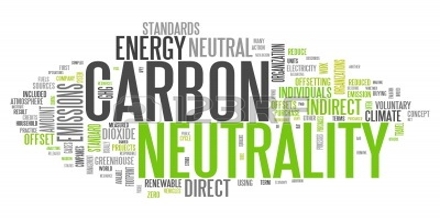
Europe’s Green Deal which was launched in December last year has set a goal for Europe to become the world’s first climate-neutral continent by 2050. The European Commission’s has highlighted the importance of data for achieving this goal.
European green data space
The European Commission will also support the Green Deal by setting up a Common European Green Deal data space which was announced just last week -19 February 2020.
A European green data space will make use of the major potential of data in support of the Green Deal actions areas such a climate change, circular economy, zero-pollution, biodiversity, deforestation and compliance assurance.
‘GreenData4All’ initiative.
The European Commission will launch a ‘GreenData4All’ initiative. This means evaluating and reviewing the Directive for establishing an Infrastructure for Spatial Information in the EU (INSPIRE), as well as the Access to Environment Information Directive by end of 2021 or first quarter of 2022.
It will modernise the plan in line with technological and innovation opportunities, making it easier for EU public authorities, businesses and citizens to support the transition to a greener and carbon-neutral economy, and reducing the amount of admin.
They are also planning on rolling out re-usable data-services on a large scale to assist in collecting, sharing, processing and analysing large volumes of data relevant for assuring compliance with environmental legislation and rules related to the priority actions set in the Green Deal.
Digital ‘product passports’ to be developed
The commission will also establish a common European data space for smart circular applications making the most relevant data available to enable circular value creation along supply chains.
A particular focus will be concentrated on the sectors targeted by the Circular Economy Action Plan, such as the built environment, packaging, textiles, electronics, ICT and plastics to begin with.
Digital ‘product passports’ will be developed, which will provide information on a product’s origin, durability, composition, reuse, repair and dismantling possibilities, and end-of-life handling.
Key stages include the development of architecture and governance in 2020, sectoral data strategies in 2021, adoption of a sustainable product policy with product passport in the same year as well as resource mapping and waste shipments tracking in 2021.
They are also hoping to launch a pilot for early implementation of the data strategy in the context of the ‘zero pollution ambition’ to reap the potential of an already data-rich policy domain with data on chemicals, air, water and soil emission, hazardous substances in consumer products, which is under-exploited and where early results can benefit consumers and the Planet directly. They aim to roll this out by the end of 2021.
Launch the ‘Destination Earth’ initiative – digital twin of the earth
The ‘Destination Earth’ initiative will bring together European scientific and industrial expertise to develop a very high precision digital model of the Earth.
This initiative will offer a digital modelling platform to visualize, monitor and forecast natural and human activity on the planet in support of sustainable development, again supporting Europe’s efforts for a better environment as set out in the Green Deal.
The construction of the digital twin of the Earth will start in 2021.
















